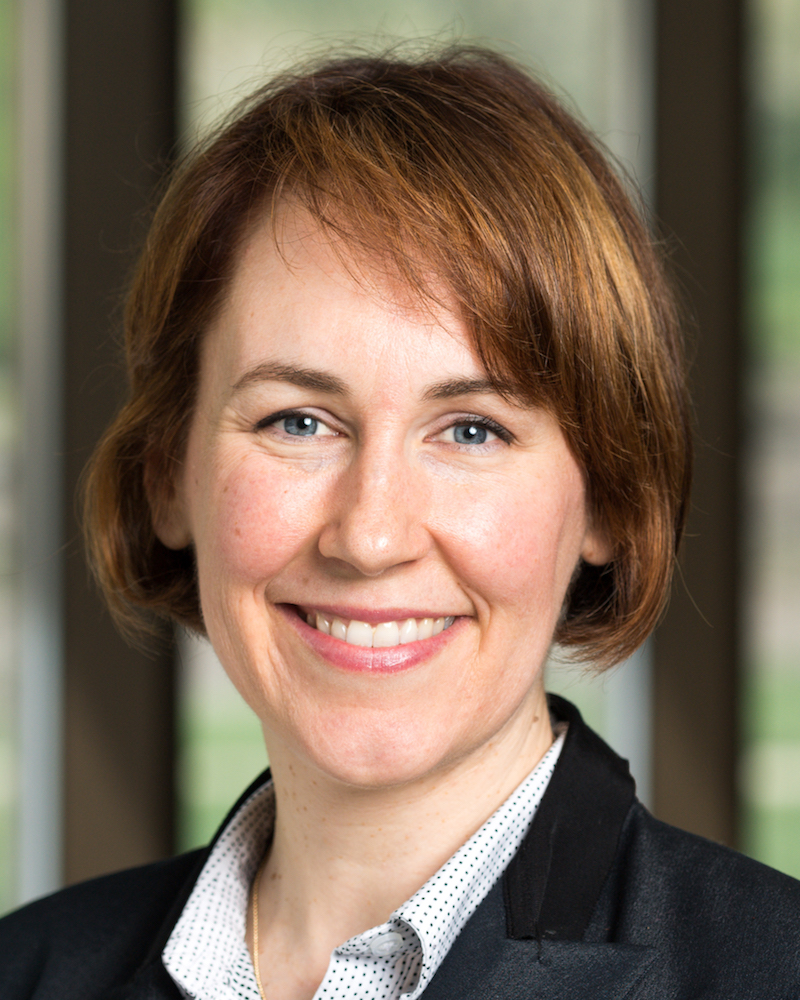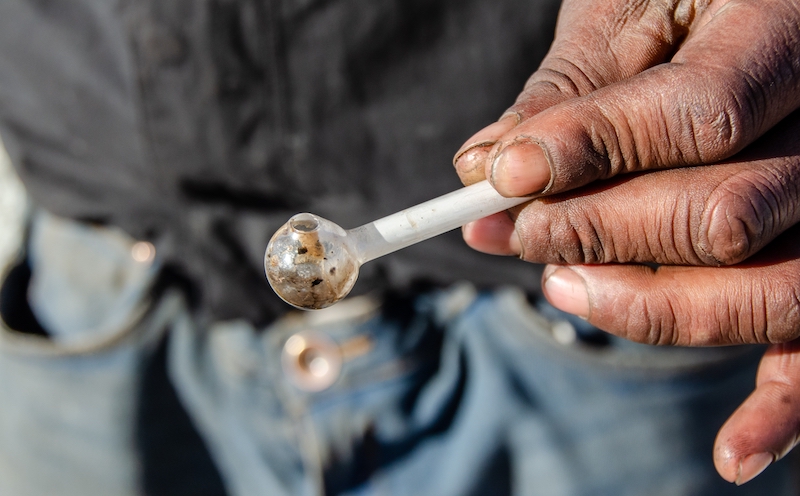When Sara Nabors was told she only had a 50% chance of living, a unique team of doctors intervened to save her life
This article is reprinted with permission from the University of Michigan’s Addiction Center, a partner of TreatmentMagazine.com in working to improve addiction outcomes.
By Jina Sawani
Every year, 38-year-old Sara Nabors goes on a girls’ trip with her mother. And in the fall of 2018, this vacation was especially meaningful.
“I was having some major health challenges prior to our trip. I had a recent knee surgery that led to some unexpectedly painful sensations in my limbs,” said Nabors. “Also, I had recently completed an inpatient rehabilitation program.”
However, Nabors was feeling healthy when she arrived in Savannah, Georgia, and was ready to enjoy life again.
“I was really looking forward to spending time with my mom and seeing a new city during our getaway,” she said. “Our girls’ trips are always so much fun and allow for us to really connect.”

During the first dinner of their stay, Nabors had two glasses of wine with her meal. It was an early night, and while she felt a bit off, she chalked it up to travel-related exhaustion. But when she woke up the next morning, she couldn’t believe what she saw in the mirror.
“When I went to bed, my skin was its normal complexion and nothing seemed out of the ordinary,” said Nabors. “Yet when I woke up, I was completely yellow. It was absolutely terrifying.”
Her mother immediately took her to a nearby hospital, where they ran several tests to assess the situation.
“They biopsied my liver and said that my numbers were ‘out of control,’” she said. “They then told me that I had full-on cirrhosis of the liver and that I needed immediate medical attention.”
Nabors and her mother, who both live in Howell, Mich., then flew directly to Michigan Medicine. There, she met with a team of liver experts, including Jessica Mellinger, MD, who specializes in transplant hepatology, gastroenterology and internal medicine.
“When I first saw Sara, she was extremely sick,” said Mellinger. “Our diagnosis was liver disease, which was clearly related to alcohol use. She was very straightforward about her drinking habits, which we really appreciated.”

Mellinger also notes that Nabors was put on dialysis because her kidneys were starting to fail as a direct result of the alcohol-related liver disease.
“We wanted to get her on the liver transplant list as soon as possible,” she said. “But we also wanted to make sure that we could see some improvement and connection with alcohol treatment beforehand.”
This is when Nabors started receiving treatment at the Michigan Alcohol Improvement Network, which is designed around holistically treating alcohol-related liver disease.
In 2018, Mellinger founded the clinic with G. Scott Winder, MD, a consultation-liaison psychiatrist, and Anne Fernandez, PhD, an addiction psychologist.
“Once liver patients get medically sick, mental health professionals are pretty far away from their care plans, in a traditional sense,” said Winder. “This is rather ironic, given that mental health plays such a huge part in developing alcohol use disorder in the first place. It made sense for us to incorporate a psychological component when creating the clinic.”
Nabors began regularly seeing Winder and Mellinger as a part of her treatment plan. And soon, her health began to significantly improve.
“We ultimately got Sara listed for a transplant, but her lab results were slowly getting better and better,” said Mellinger. “When we first started seeing Sara, her MELD score was very high. This is a metric used to assess the severity of chronic liver disease within a patient. But over time, her score started to decrease, which was really incredible to see.”
Mellinger adds that just a few months ago, she informed Nabors that her MELD score was so low that she could successfully be removed from the liver transplant list.
“Through the support of Drs. Mellinger and Winder, my whole life has changed,” said Nabors. “I wanted to stay alive for my daughter, so really working with them and the rest of the clinic staff was crucial for my survival.”
Nabors adds that her work with Winder directly helped her abstain from consuming alcohol.
“I regularly use the tools I was given by Dr. Winder to consistently not drink. It’s a really wonderful thing,” said Nabors. “In one of my recent conversations with Dr. Mellinger, she shared that alcohol-related liver disease is becoming more and more prevalent among young women, like myself. And this is why I wanted to share my story, to help others.”
Top photo: Shutterstock













